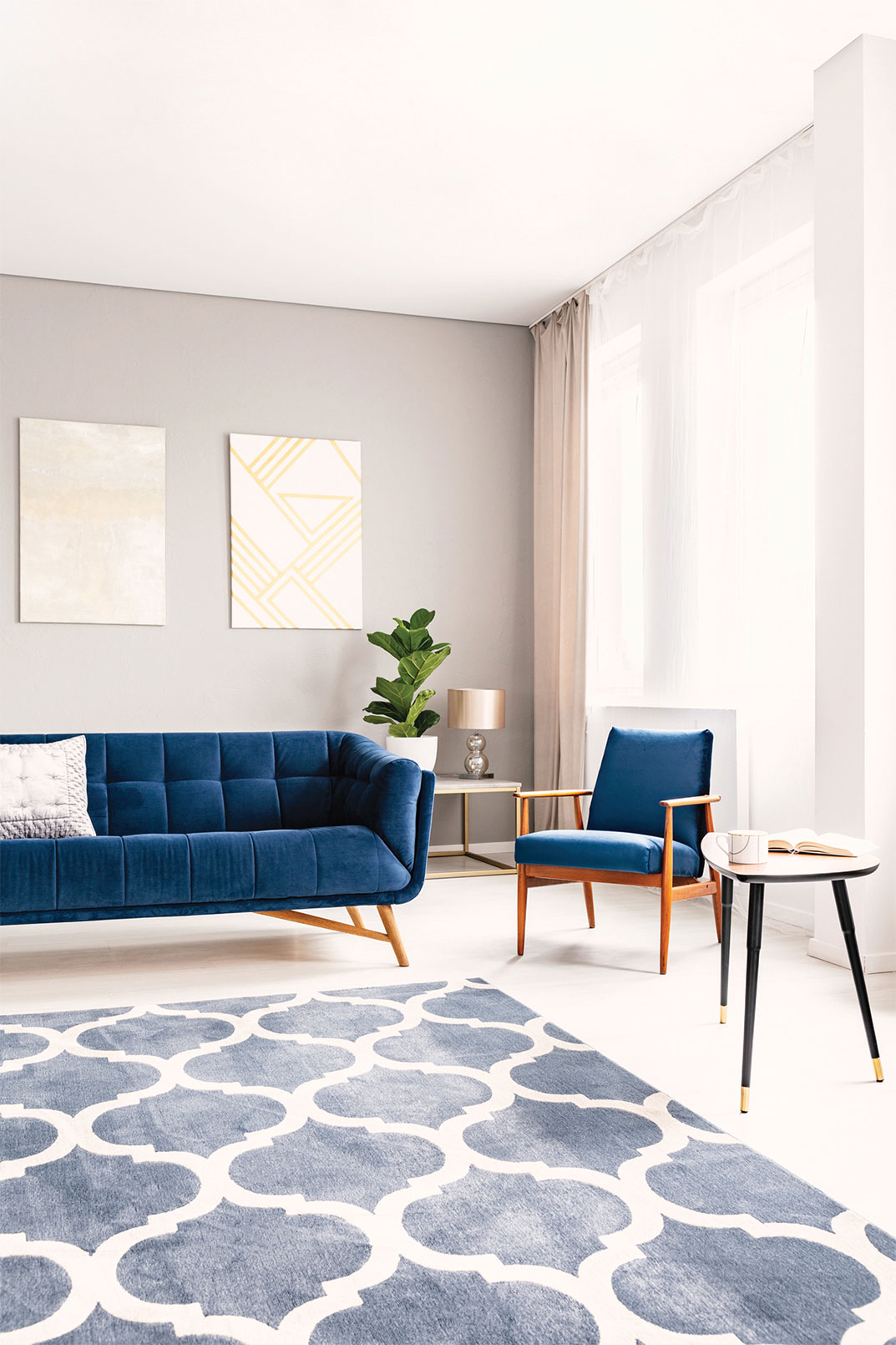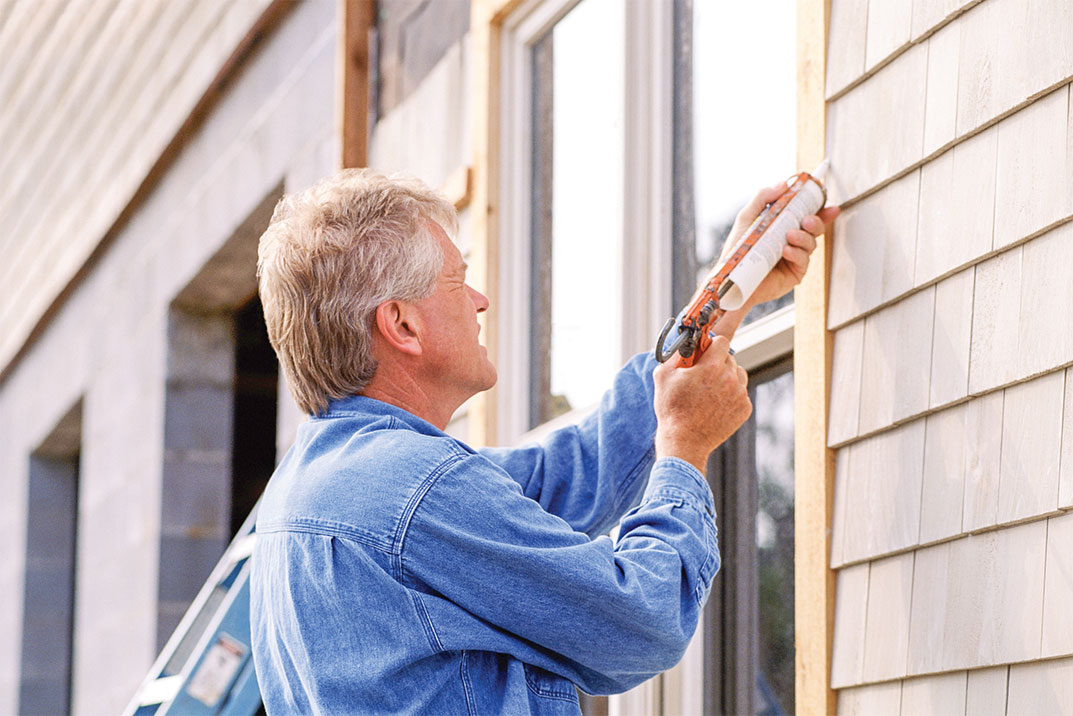
When the temperatures drop, efficiently keeping your home cozy and warm is likely a top priority.
As you make home upgrades this fall, be sure to use materials designed to withstand extreme weather events and help manage indoor climate control. Doing so will mean greater comfort and more affordable energy bills, not only when it’s cold, but all year long.
ROOFING
As your first defense against all kinds of weather, your roof sustains a lot of wear and tear. Consider prioritizing durability, strength and weather resistance in a new roof by opting for metal. The good news? You can get a classic appearance with this material, thanks to updates in roofing technology. For example, the energy-saving metal roofing offered by ProVia has the textured appearance of natural slate or shake shingles, but is constructed of highly durable 26-gauge steel, for added strength and lifetime protection from wind, rain and corrosion.

SIDING
Is your home ever drafty or chilly when the temperatures drop and the wind kicks up? The culprit may be insufficient insulation. Keep in mind that most wall insulation is placed only between the studs, and wall studs make up to 25% of the wall surface of an average home. You can fill in these insulation gaps with insulated vinyl siding that’s been tested and proven to increase the R-value (a measure of a material’s resistance to heat flow) of an exterior wall. One of the most energy-efficient exterior claddings on the market, CedarMAX insulated vinyl siding is one such choice that can help reduce your energy bills. Plus, its strong, rigid foam backing offers greater impact resistance against rain.
WINDOWS
Windows are a common point of heat transfer, and as such, they play a huge role in the comfort of your home. It’s not often that you have to purchase windows for your home, but when you do, you’ll want to ensure that they deliver the best in energy efficiency and comfort. ProVia’s vinyl windows, for example, are Energy Star-certified, to help keep your home warm in winter (and cool in summer).
INTERIOR DÉCOR
You may not think about your interior decorating choices as something that could potentially improve your home’s energy efficiency, but many such updates will not only make your home look more cozy, they’ll actually help keep it warm. Thick area rugs are a good place to start, as they provide insulation underfoot. Likewise, cellular shades or Roman shades can help stop heat transfer around windows, and wall tapestries or fabric-like wallpaper can provide a touch more insulation on walls.
To learn more about building and renovating with comfort and energy savings in mind, visit provia.com.
By selecting the right products during a renovation, you can prepare your home for greater comfort and energy savings in cool weather.
This article is courtesy of Statepoint Media.